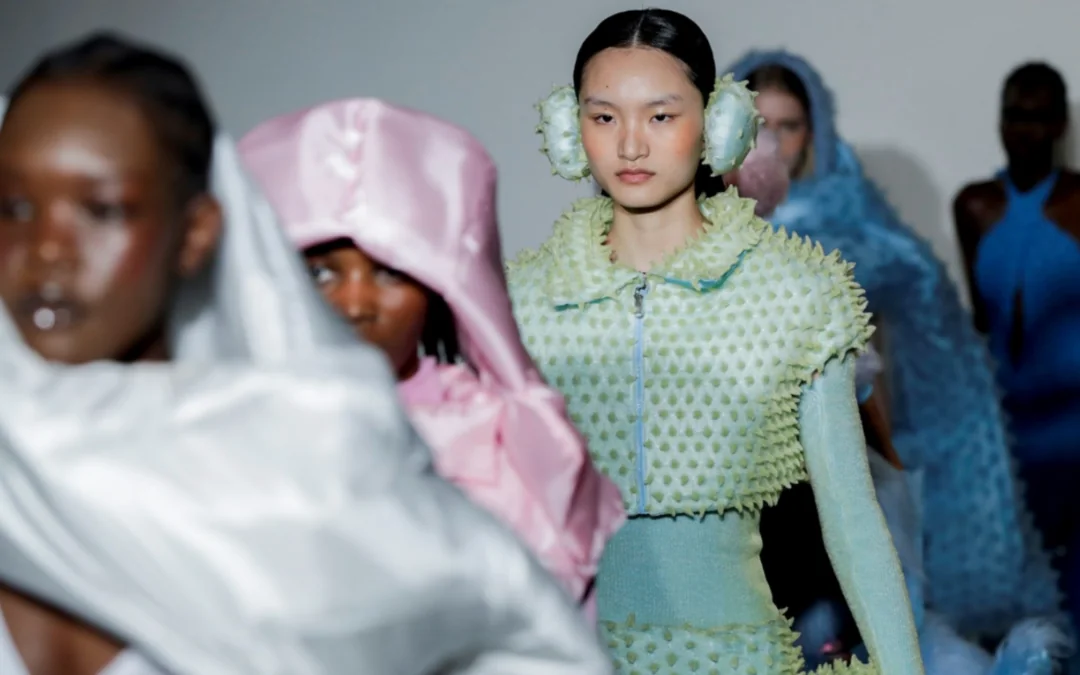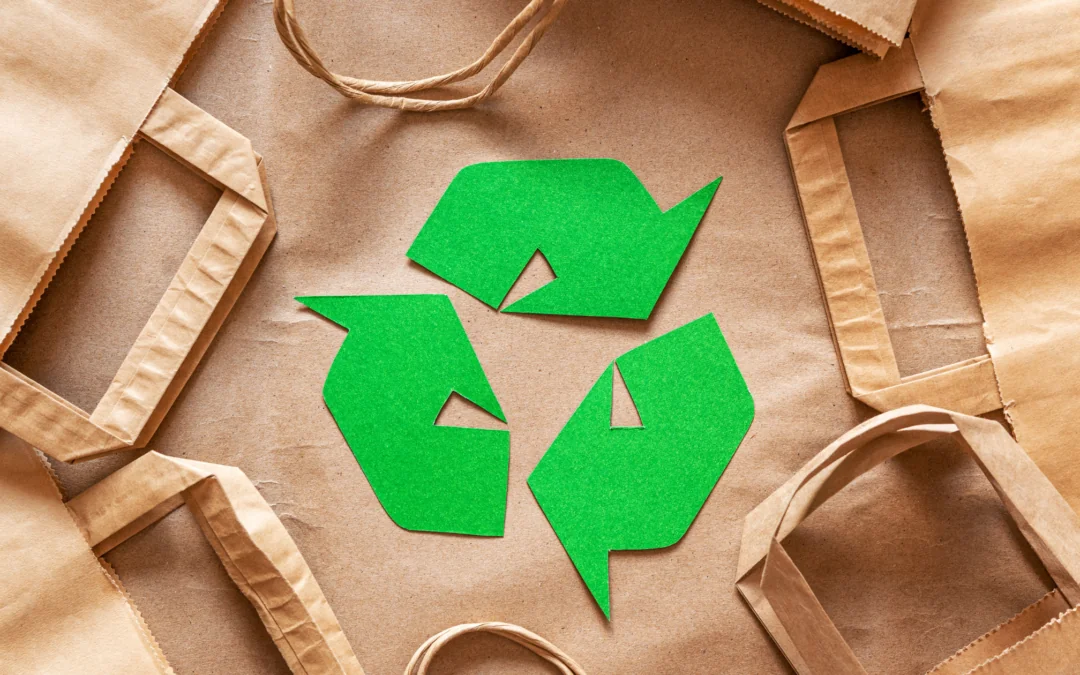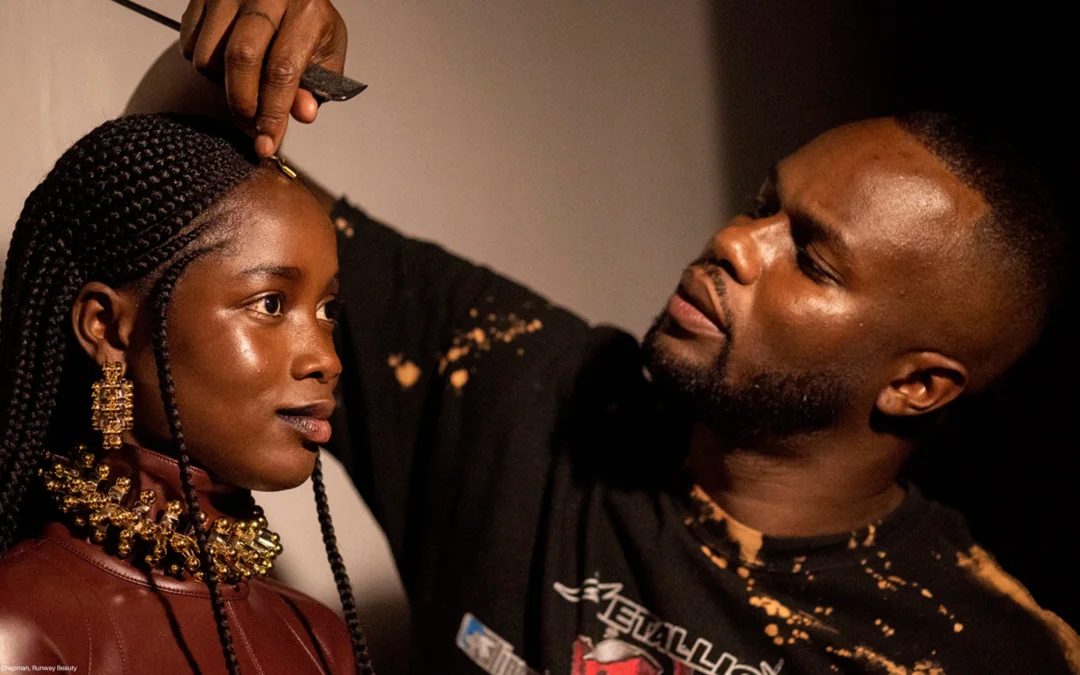A new investigation carried out by Dove as part of its Self-Esteem project reveals that 9 in 10 children are exposed to toxic beauty content online. In order to combat harmful content, the brand’s new campaign protects #KidsOnlineSafety
The majority of young people have social media by 13 years old, meaning they are exposed to often toxic beauty ideals in some of their most formative years. In order to increase the safety of young people online, Dove is working with Parenting Mental Health, Global Action Plan, 5Rights, and Girlguiding to provide access to mental health resources for young people and work to make social media safer for kids.
#KidsSafetyOnline is part of the brand’s wider self-esteem strategy which has seen campaigns including The Reverse Selfie – which highlighted the negative effects of beauty standards on young girls – and its stand against TikTok’s Bold Glamour filter.
To reiterate the importance of promoting safe online content, Dove carried out research into the effects of beauty content on young people in the UK. Key findings were:
- 8 in 10 youth mental health specialists say social media is fuelling a mental health crisis
- More than 50% of kids say social media makes them and their peers feel anxious
- Toxic beauty content on social media is impacting the mental health of 1 in 2 kids
- 9 in 10 youth mental health specialists say exposure to harmful beauty content on social media can lead to physical consequences, like disordered eating or self-harm
- 8 in 10 parents say the impact of social media on mental health is worrying
In response to #KidsOnlineSafety Dr Bruce Clark, Senior Consultant Child and Adolescent Psychiatrist at South London and Maudsley NHS Foundation Trust, said: ‘I often reflect on the fact that when I started my career as a clinician there was no social media or internet. Bullying, although it was never good of course, it stopped at 3:30 pm – it now follows young people around.
‘We work with young people who are living with really severe and complex difficulties with self-esteem due to social media. We often have to support them and educate them about safer use of the internet.’
With the publishing of the Online Safety Bill imminent, legislation which will set out a new set of laws to protect children and adults online, the team at Dove is dedicated to highlighting that ‘the onus shouldn’t be solely on young people’. ‘We want policy change, societal change, and individual change to arm the next generation with the skills to stand up to the pressures online,’ shares Stacie June, Global Head of Education & Advocacy at Dove Self-Esteem Project. She goes on to say: ‘We must use the power we have as a big brand and collective action with our partners to create a safe space for kids.’
The brand has launched multiple online resources for young people and their parents, including The Confidence Kit which teaches young people to celebrate individuality and improve communication.
Dove is also urging people to sign a petition to urge policy-makers and technology companies to make social media safe by design. You can sign the petition here.





